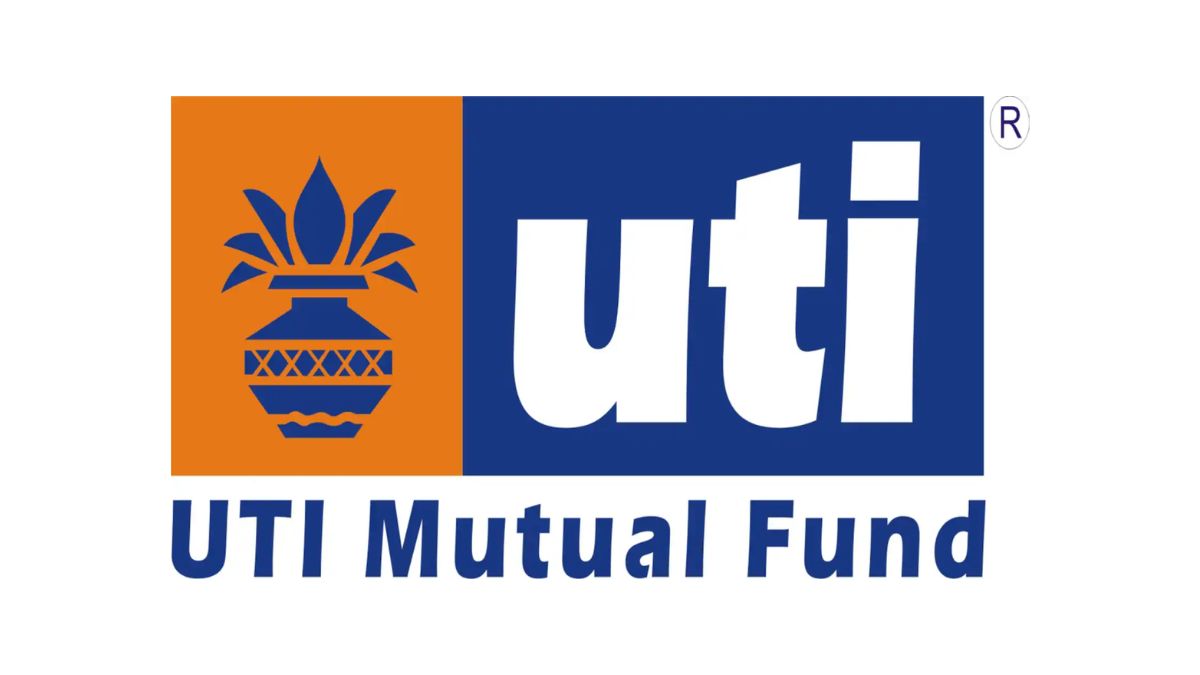Shares of UTI Asset Management Company Ltd (UTI AMC) fell 2.45% to Rs 1,272.10 on Wednesday, October 29, as investor sentiment turned negative across the asset management sector following the Securities and Exchange Board of India’s (SEBI) proposal to reduce mutual fund expense ratios (TER).
Reason for decline: SEBI proposes lower TER for mutual funds
The SEBI consultation paper, released earlier this week, has sparked concerns about lower profitability for asset management companies (AMCs), including UTI AMC, HDFC AMC, and Nippon AMC.
The regulator has proposed:
- Eliminating the additional 5 basis points (bps) that mutual fund schemes are currently allowed to charge across categories.
- Revising the first two slabs of expense ratios for open-ended active schemes upward by 5 bps to cushion operational impacts.
- Reducing brokerage charges from 12 bps to 2 bps for cash transactions and from 5 bps to 1 bps for derivatives.
- Excluding statutory levies like GST, STT, and Stamp Duty from TER limits, ensuring these charges are transparently passed to investors.
SEBI stated that the reforms aim to bring clarity, fairness, and transparency while ensuring fund houses don’t double-charge investors.
Analyst view and sector impact
According to Jefferies, SEBI’s move could reduce profitability by up to 30–33% for leading AMCs like UTI AMC, HDFC AMC, and Nippon AMC by FY27 if implemented. The brokerage also warned that institutional brokers, including Nuvama and 360 ONE, could face indirect pressure from reduced transaction-based income.
While the regulatory overhaul aims to rationalize investor costs, it has triggered short-term uncertainty for fund houses, which derive a significant portion of their revenue from TER-linked management fees.
Stock snapshot
- Current price: Rs 1,272.10 (down 2.45%)
- Previous close: Rs 1,304.10
- Day range: Rs 1,261.00 – Rs 1,275.20
- 52-week range: Rs 905.00 – Rs 1,494.80
- Market cap: Rs 16,331 crore
- P/E ratio: 27.81
- Dividend yield: 2.04%
UTI AMC’s shares have gained strongly this year on the back of robust inflows into mutual funds and rising AUM levels. However, the SEBI proposals have led to sector-wide profit-taking amid fears of margin compression in the medium term.
Disclaimer: The information provided is for informational purposes only and should not be considered financial or investment advice. Stock market investments are subject to market risks. Always conduct your own research or consult a financial advisor before making investment decisions. Author or Business Upturn is not liable for any losses arising from the use of this information.


